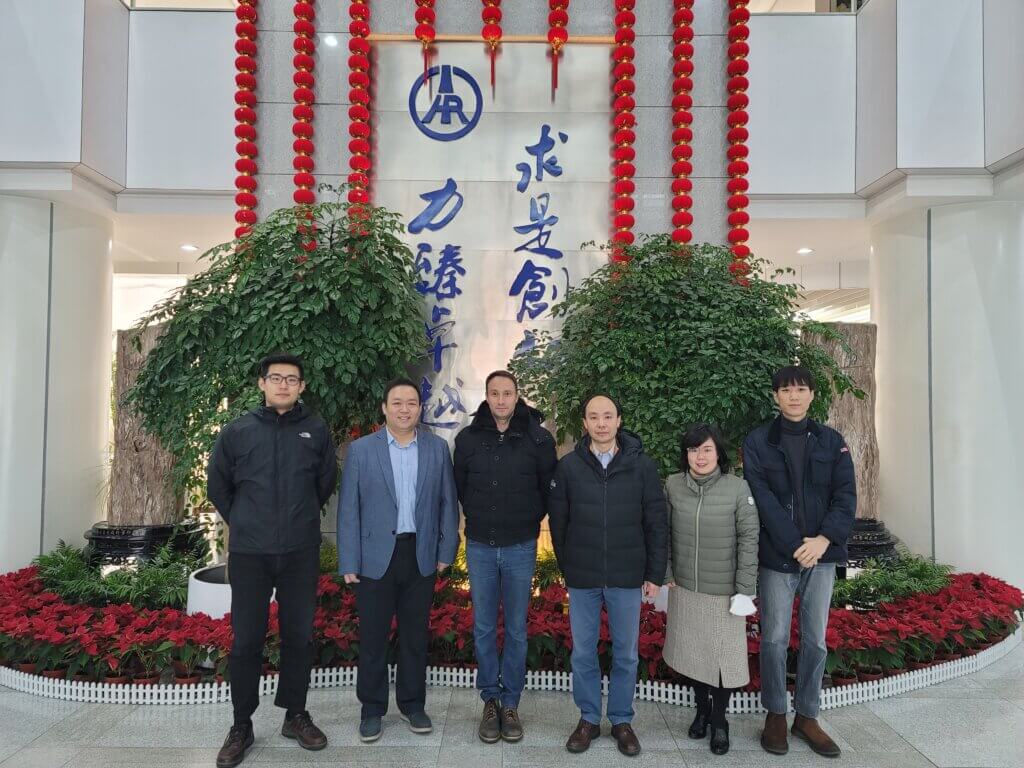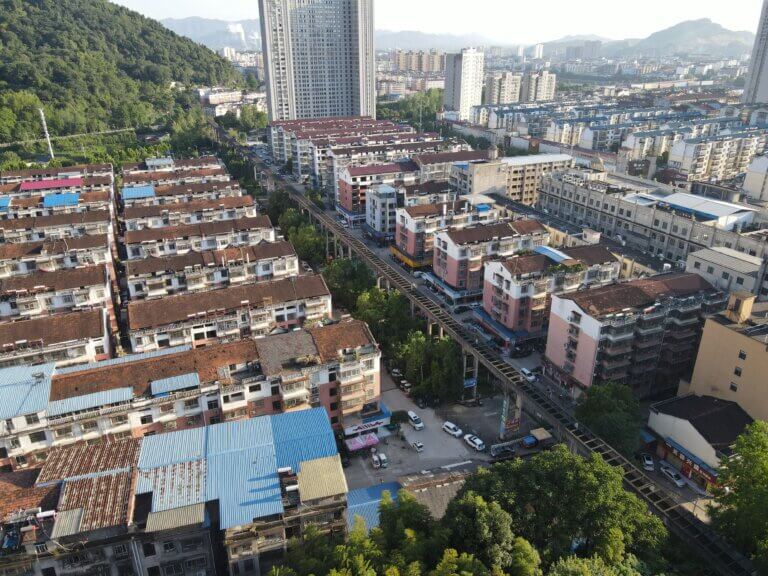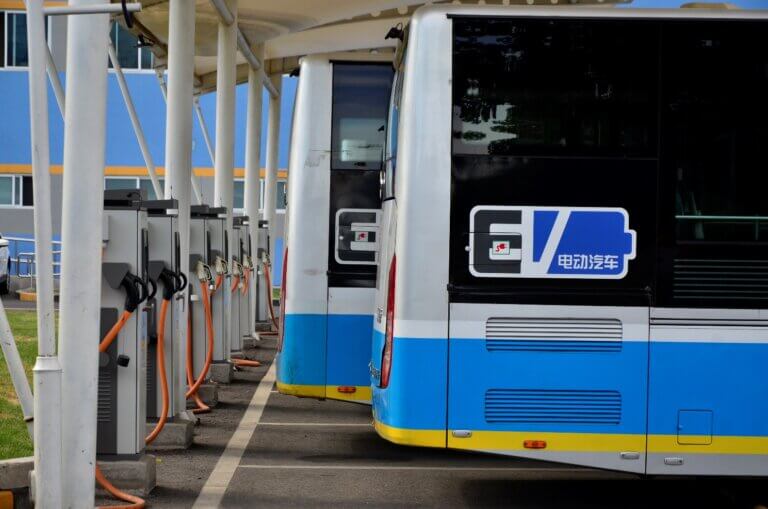Various Chinese governmental authorities have attached great importance to the development and promotion of Smart Logistics. In recent years, numerous policies have demonstrated the belief that the development of Smart Logistics offers potentials for logistics cost reduction, sustainable and low carbon transport, and high-quality economic development. To systematically tap those potentials is of special importance against the background of the pressure to effectively promote green transport during China’s 14th Five Year Plan (FYP) period (2021-2025) and the 2030 carbon dioxide emission peaking and 2060 carbon neutrality targets announced by Chinese president Xi Jinping during the General Debate of the 75th session of the UN General Assembly on 22 September 2020 & the 2020 Climate Ambition Summit held on 12 December 2020.
As a relatively new cross-industry business model, the sustainable development of Smart Logistics relies on not only enterprises and advanced technologies, but also various other factors such as government policies and guiding roadmaps and strategies. From the perspective of low carbon transport, the promotion of Smart Logistics may be an effective approach for policy makers to effectively mitigate emissions in the transport sector (which accounts for about 1Gt of CO2 emissions in China).
On behalf of the German Federal Ministry for the Environment, Nature Conservation and Nuclear Safety (BMU), the Sino-German Cooperation on Low Carbon Transport (CLCT) project aims at strengthening the cooperation between the BMU and the Chinese Ministry of Transport (MoT) in the field of climate protection in the transport sector. The overall aim of the project, which is being implemented by the Deutsche Gesellschaft für Internationale Zusammenarbeit (GIZ) GmbH, is to provide Chinese policy makers and relevant governmental authorities with effective and efficient implementation strategies to further develop a low carbon transport sector in China. A key component of the CLCT project is the promotion of low carbon freight transport and logistics.
To ensure the low carbon and environmental-friendly development and application of the Smart Logistics in China, the study “Theory and Policy Research on Developing Smart Logistics for Sustainable Transport” is commissioned by the CLCT project to the Research Institute of Highway (RIOH) of MoT.
The goals of the study are:
- Analysis and overview on the status quo of Smart Logistics development in China in comparison with European and American approaches,
- Development of a clear definition of Smart Logistics in China,
- Development of a low carbon-oriented application guideline and policy recommendations,
- Support of the Smart Logistics-related low carbon policy development during the 14th FYP period (2021-2025),
- Facilitation of multi-stakeholder dialogues on the application of Smart Logistics.

The kick-off workshop to the study was held on 9 March 2021 at RIOH with around 10 participants, including the research team of RIOH, GIZ and Fraunhofer IML (Germany). During the workshop, the experts discussed the outline of the research project. The study will be completed by mid of 2021.
If you are interested in knowing more about the aims, the methodology and the progress of the research, please feel free to contact us through transition-china@giz.de.




